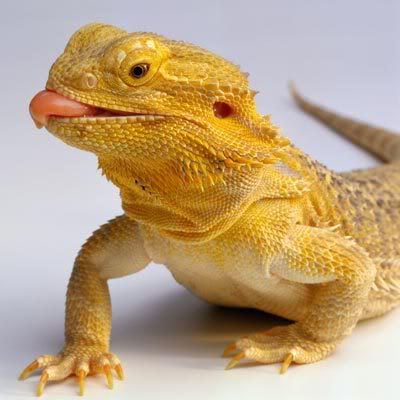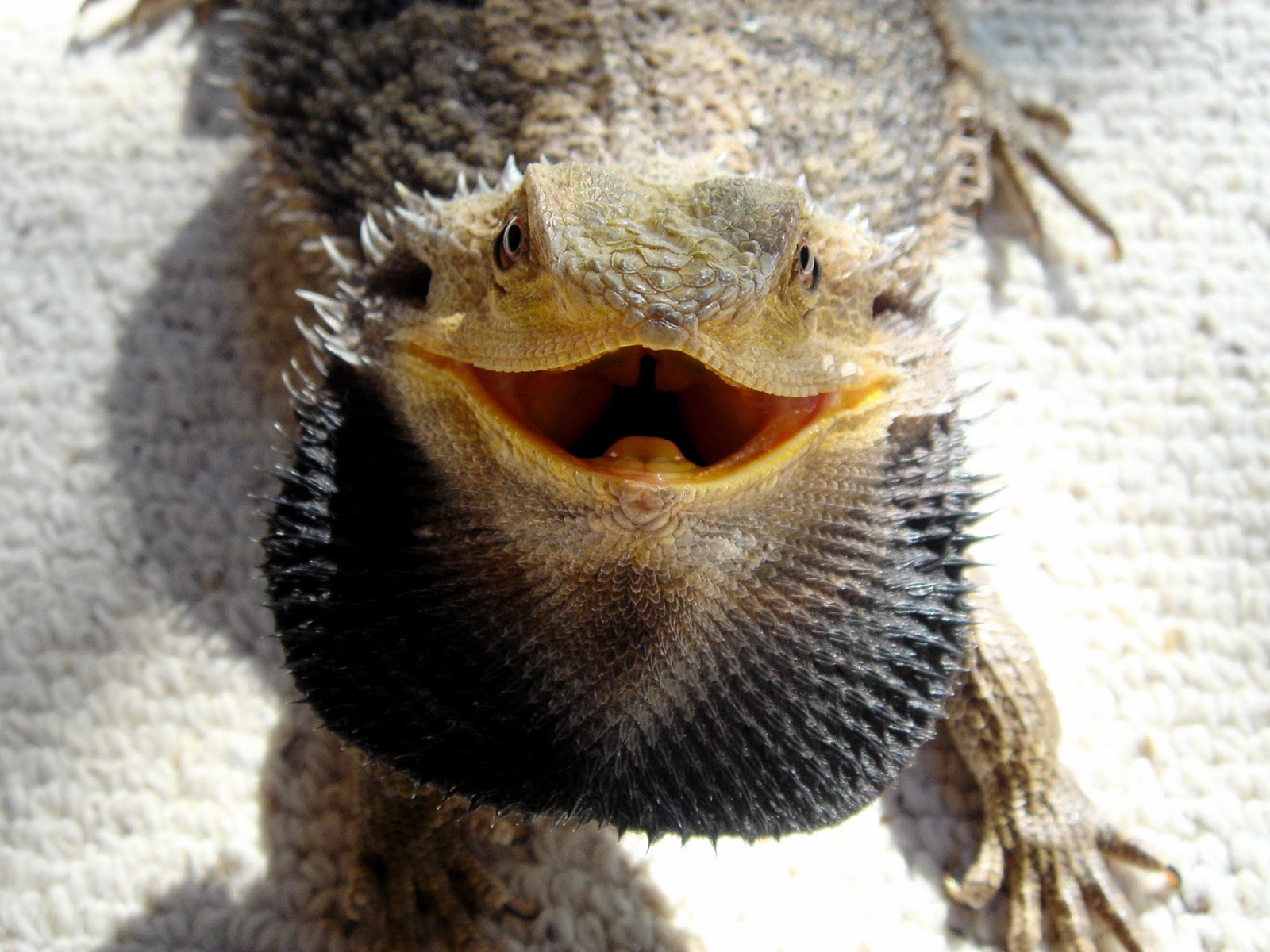Is Your Bearded Dragon About to Throw Up? Here's Why and What You Can Do
Is Your Bearded Dragon About to Throw Up? Here’s Why and What You Can Do
As a new bearded dragon owner, you might observe some concerning behaviors or physical traits in your pet. One of the common issues that you may notice is that it looks like your bearded dragon is going to throw up. While it can be scary and alarming, this behavior does not always mean that your pet is sick. In this blog post, we will explain why your bearded dragon may look like it’s going to throw up, the potential causes of this behavior, and what you can do to prevent it from happening.
Common Causes of Bearded Dragon Vomiting
Bearded dragons can throw up for various reasons, and some of the most frequent causes are:
- Overeating or eating something that they shouldn’t
- Stress from a change in their environment or routine
- Dehydration
- Digestive problems or blockages
- Viral or bacterial infections
Overeating or Eating Forbidden Foods
Like humans, bearded dragons can experience indigestion and vomiting if they eat too much or ingest something that they aren’t supposed to. Generally, baby bearded dragons tend to eat more frequently than adults, and feeding them too much or giving them the wrong foods can cause stomach issues. Some of the forbidden foods that you need to avoid giving to your bearded dragon are:

- Avocado
- Rhubarb
- Potatoes
- Citrus fruits
- Insects that are too large or not healthy
If your bearded dragon ate too much or ate something wrong, the best thing to do is to stop feeding it for a while and monitor its behavior. You can also take your pet to the vet if it continues to vomit or appears lethargic.
Stress and Anxiety
Bearded dragons are sensitive reptiles, and they can become stressed or anxious if there’s a significant change in their environment or routine. Some of the common stressors for bearded dragons are:
- Loud noises and bright lights
- Crowded tanks or vivariums
- Handling or touching too much
- Other pets
If your bearded dragon is showing signs of stress, such as vomiting or refusing to eat or drink, you need to evaluate its environment and try to make it more comfortable for your pet. You can also talk to a vet or a professional breeder for more advice on reducing your bearded dragon’s stress levels.
Dehydration
Bearded dragons need to drink water regularly, and they can become dehydrated if they don’t have access to freshwater or if the environment is too dry. Dehydration can make your bearded dragon lethargic or sick, and vomiting is one of the common symptoms.

You can prevent dehydration by making sure that your bearded dragon has access to freshwater at all times and misting the environment regularly to maintain the humidity levels. If your bearded dragon is already dehydrated, you can try giving it a warm water bath or supplementing it with electrolytes.
Digestive Problems
Bearded dragons are prone to digestive problems, such as impaction or obstruction, which can lead to vomiting or constipation. Impaction occurs when your pet cannot pass stool due to ingesting too much substrate or fiber, while obstruction happens when your bearded dragon eats something that cannot pass through the digestive system.

To prevent digestive issues, you need to make sure that your bearded dragon has a proper diet, and you avoid giving it foods that are difficult to digest. You also need to provide a suitable substrate that won’t cause impaction, such as paper towels or reptile carpet. If your bearded dragon shows signs of digestive problems, such as vomiting or bloating, you need to consult a vet as soon as possible.
Infections and Diseases
Finally, vomiting can be a symptom of viral or bacterial infections in bearded dragons. These infections can range from mild to severe, and they may require medical treatment depending on the severity of the case. Some of the common signs of infections in bearded dragons are:
- Lethargy and weakness
- Loss of appetite and weight
- Runny nose or eyes
- Skin and scale discoloration
If you suspect that your bearded dragon is sick, take it to the vet for proper diagnosis and treatment. Early detection can increase the chances of recovery and prevent the spread of diseases to other pets.
Conclusion
In conclusion, bearded dragons can vomit for various reasons, and it’s essential to observe your pet’s behavior and physical traits to determine the cause of the behavior. Overeating, stress, dehydration, digestive problems, and infections are some of the most common causes of vomiting in bearded dragons. To prevent vomiting, you need to provide a comfortable and healthy environment for your pet, follow a proper diet, and consult a vet if you notice any abnormal behavior or symptoms. With proper care and attention, your bearded dragon can live a happy and healthy life.
